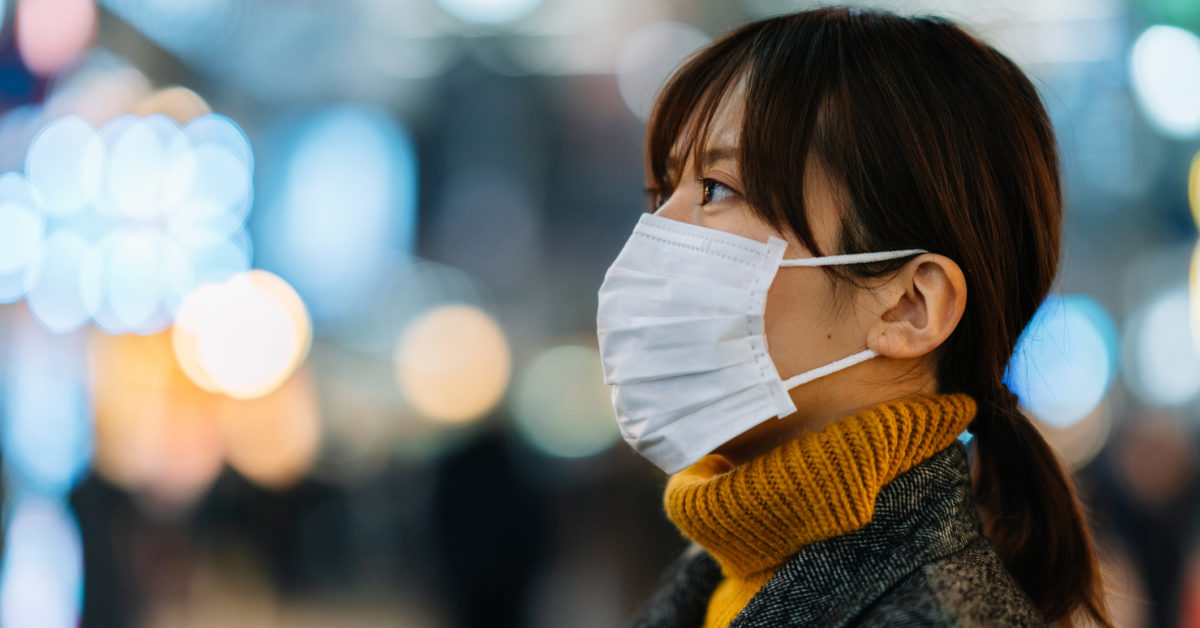As the Centers for Disease Control and Prevention (CDC) are changing tack regarding their recommendation to the public about wearing face masks, some experts explain how certain masks could help keep the coronavirus at bay. However, these should be our last resort, they warn.

A few days ago, the CDC issued new guidance on the circumstances under which it is advisable to wear masks during the COVID-19 pandemic.
The federal agency now “recommends wearing cloth face coverings in public settings where other social distancing measures are difficult to maintain (e.g., grocery stores and pharmacies) especially [original emphasis] in areas of significant community-based transmission.”
Yet, by advising the use of homemade cloth masks, the CDC are upholding their earlier recommendation that people refrain from purchasing surgical masks and N95 respirators, which they deem to be “critical supplies” for healthcare workers, who face shortages of protective equipment.
Stay informed with live updates on the current COVID-19 outbreak and visit our coronavirus hub for more advice on prevention and treatment.
A newly published study from the University of Maryland, College Park and The University of Hong Kong now shows how surgical masks, in particular, could help prevent people with a viral infection from shedding infectious particles.
The researchers started their study before the new coronavirus pandemic, so their investigation does not include people who contracted SARS-CoV-2.
Nevertheless, their findings may be relevant to current international debates about the efficacy of masks in preventing the spread of SARS-CoV-2.
The researchers’ findings appear in the journal Nature.
In the study, the team worked with 246 participants who had acquired a respiratory infection from a flu virus, a coronavirus, or a rhinovirus.
The researchers split the participants into two groups, providing some with surgical masks and leaving others without.
Then, they asked everyone to exhale through an innovative machine designed to capture particles emitted through exhalation — a device suggestively named Gesundheit II —

